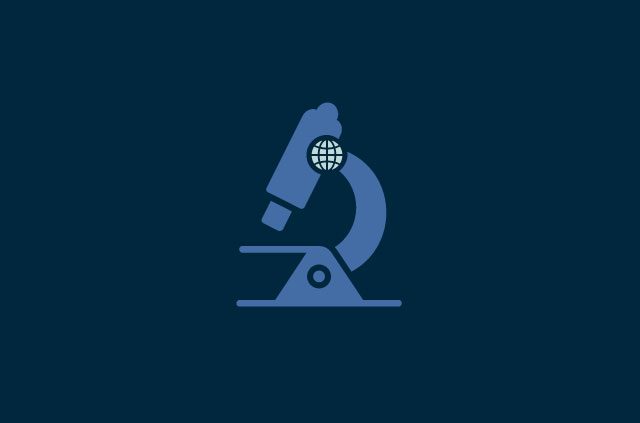
This post was originally published on October 29, 2020.
ExpressVPN started as a consumer VPN company 11 years ago but is so much more than that now. We’re vocal advocates for internet rights and freedom, with an ambitious goal of building a safe, private, and open internet.
We’ve learned that one of the best ways to get closer to this goal is to have an in-depth understanding of the problem—and that means high-quality research. At the same time, consumers all over the world tell us that they often feel overwhelmed and a sense of powerlessness when trying to protect themselves online.
This is where ExpressVPN’s new Digital Security Lab comes in.
We’re excited to announce that Sean O’Brien will be joining us as a Principal Researcher to establish our new research center. A fellow and affiliate of Yale and Oxford, Sean will conduct research for ExpressVPN full-time, while continuing to engage in scholarly work for the universities. He is an esteemed privacy and cybersecurity expert, and is best known for founding and leading Yale Privacy Lab. You may have read about his work in reports from the Associated Press, The Guardian, Wired, Fast Company, Vice, and many other outlets. (He was also featured on our blog earlier this year!)
“ExpressVPN has long been an industry leader in consumer privacy and security, and I have always been a fan of their work,” Sean says. “I’m excited to bring my research expertise to further empower consumers with useful information about their digital rights and security.”
As a start, the ExpressVPN Digital Security Lab will focus on three main areas:
- Investigating digital rights and security issues and educating consumers about them
- Creating tools and resources to empower individuals
- Conducting community outreach to share our work
Let’s get into some details on what that means.
Investigating digital rights and security issues and educating consumers about them
The new Digital Security Lab will focus on high-quality, original research in the areas of digital privacy, cybersecurity, access to knowledge, and information flows.
We’ve chosen to focus on these topics—which are Sean’s areas of expertise—because they impact the greatest number of internet users. We want to advance internet research to give the public a better sense of the current state of the internet, how to improve it for the future, and how they can better protect themselves. We do that by simplifying complex technical research so that it is accessible to everyone, and will publish our first research results in the next few months.
Whether or not you are currently a user of ExpressVPN, we hope that you’ll learn something useful from our Digital Security Lab.
Create tools and resources to empower individuals
You might remember the open-source leakproofing tools we released in 2017 to enable users, reviewers, and others to assess the quality of protection provided by different VPN apps. The new lab will provide more useful resources, tips, and tools available to anyone who wants to take better control of their digital privacy and security.
While the new ExpressVPN Digital Security Lab is led by Sean, we believe that good ideas can come from everywhere within our company. Our engineering, security, product, and content teams will continue to contribute to research ideas and projects.
Conduct community outreach to share our work
The research lab’s goal of discovering and building useful tools that can change consumer behavior cannot be achieved without strong awareness and education. Rather than let the good ideas gather dust, we want the world to know about them. Disseminating our work isn’t just the right thing to do, it also provides many important benefits to the end user.
“The launch of the Digital Security Lab is an important milestone for the company,” says Harold Li, Vice President, ExpressVPN. “We have ambitious plans ahead, and research helps us more deeply understand the threats people face online and how we can together better protect digital privacy, security, and rights. Ultimately, we think that will help us build a better digital future.”
Harold adds: “We’re thrilled to have someone of Sean’s caliber join us to lead these efforts and accelerate our goals of empowering everyone with the knowledge and tools to take control of their online data and experience.”
We welcome researchers, academics, developers, and others to join us in our effort to investigate and address the most challenging issues that could impact the future of the internet. If you’d like to collaborate or speak to our research team, please drop us a line at digital-security-lab@expressvpn.com.
To learn more, visit the ExpressVPN Digital Security Lab website.
Take the first step to protect yourself online. Try ExpressVPN risk-free.
Get ExpressVPN


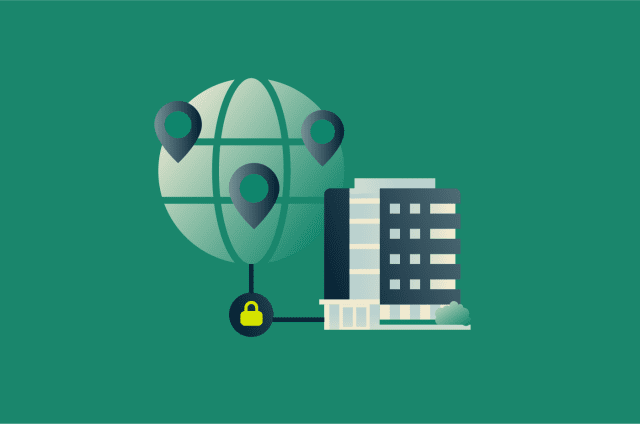

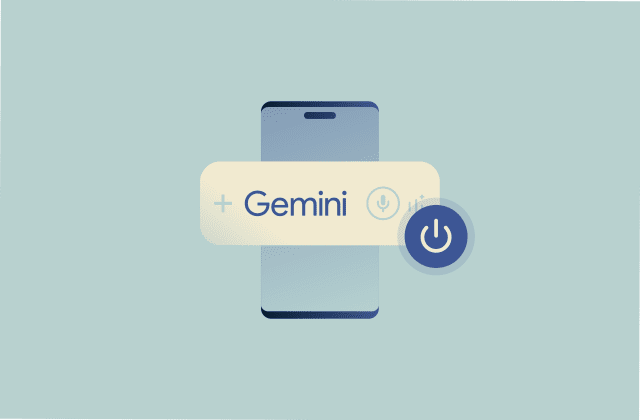
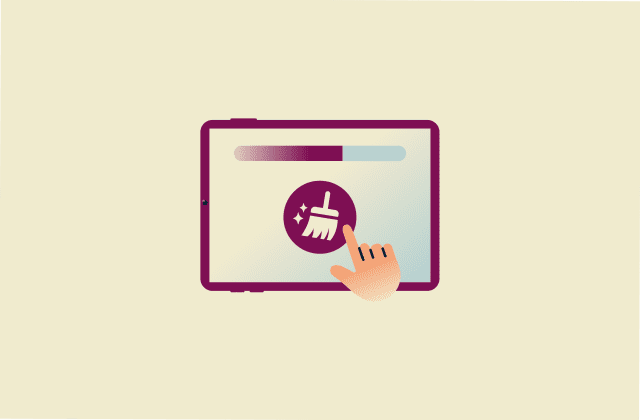
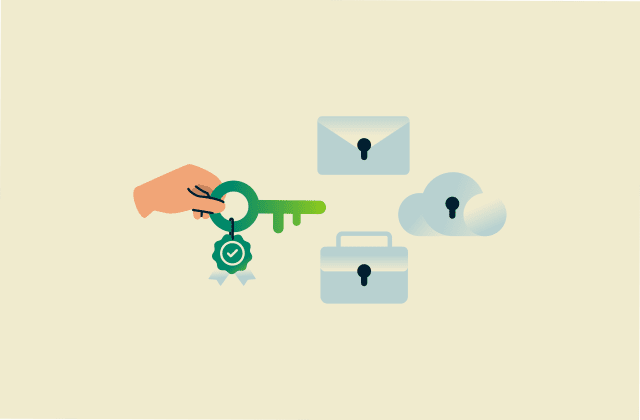
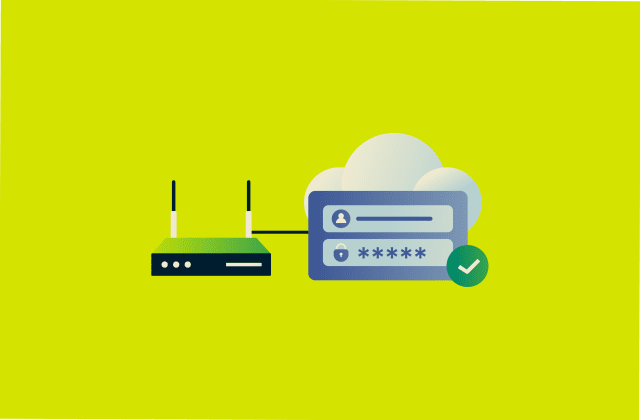
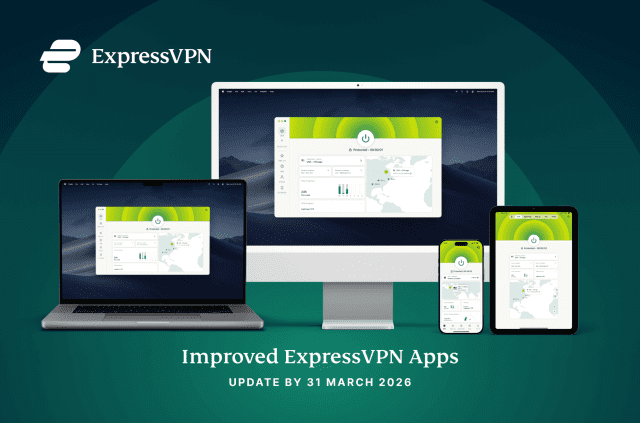
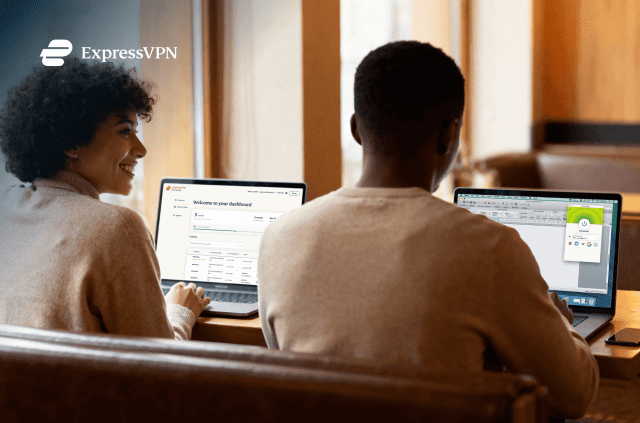
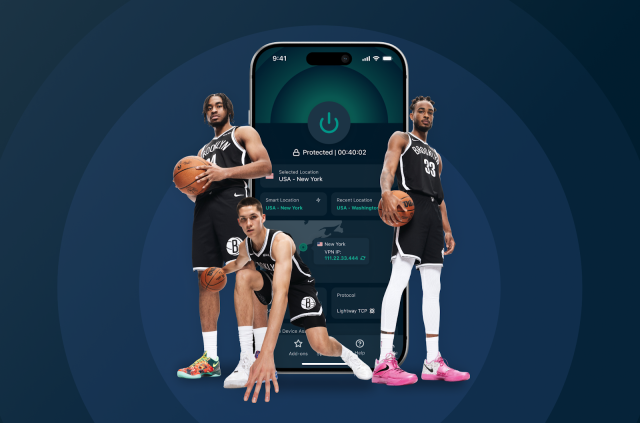
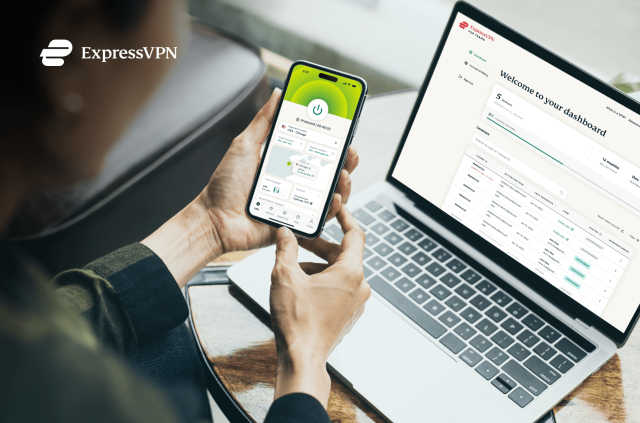



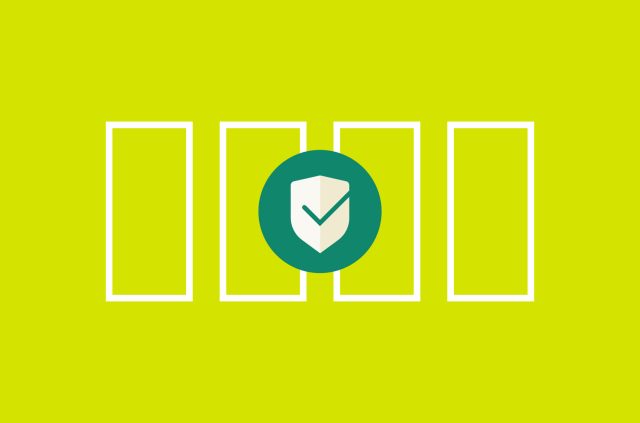





Comments
it is a frustrating thing to me that it can be nearly impossible to search in ANY browser lately and get a non-biased bi-partisan selection of results to choose from. I have to work harder all the time to figure out how to word something to get any of results that are not WILDLY and OVERWHELMINGLY blatant partisan results ALWAY ALWAYS to the left.. VERY FAR LEFT. It isn't subtle. They clearly intend to manipulate your opinion and beliefs, and if you are not the type to fall for that, it gives the impression that the whole world is in sync with that opinion which never impresses me. The are dumb. Sources are never sighted. When you finish reading the article or whatever, you don't know the story. It doesn't tell you what happened. It is too loaded for that, and seems meant to elicit an emotion--though I don't understand why it would work with such obvious intent. I can't grasp what went wrong with other people to just not question something written in a way that puts my antenna that sees deception coming my way every 2 seconds. How it works on so many people, I do not know--I just know it seems to. I find it important to see many sources and perspectives on the subjects I research. There was a time, in this country, when thinking critically about things, and viewing them from many angles was a staple of American thinking. But the results I get these days clearly expect me to allow the powers that be to direct my opinion in order to replace mine. Similarly, to cause their thinking to become my thinking. It is disappointing at the very least, and I resent it. I look at what is offered. Everything is far left and each site is a clone-- same as the last. The adjectives might be moved around, but the essence of it is identical. There is no debate, and the offer of a conflicting opinion is no longer allowed. It is as much boring as it is a loss. When I first became able to buy a decent laptop and had learned all the internet could do--Google still had the slogan "Don't be Evil." It was so exciting back then. The world and possibilities of knowledge was a freaking miracle to me. No matter what I searched for the variety of information that came back was a gift. These days they have chosen for me,--though I am a full grown and responsible adult who becomes enraged at elitists with an agenda, control, against my will, what I am and am not allowed to see, read or know. I am creeped out by what is happening to people who don't notice it. It has changed them. You cannot debate. You can't get anywhere with people even when showing them hard evidence that are seeing one perspective only. Most can't even acknowledge any other perspective even exists. It changed fast. I could call these people dumb, but it is more frightening than that. They don't know how to think any more. And they don't seem to care. With that said--is there anything that exists or is in the works that could restore my access to the original rich variety available on the web that shows me other cultures and ways of thinking and living. That will give me back access to multiple perspectives on every subject. That would so amazing and I can't put into words how grateful that would make me. Thank you for all you do! I am thrilled I decided to check out Express VPN.
Google does have a filter bubble, targeting you with search results that you are more likely to be interested in or that may be of more relevance, that much you're right about. The search engine "DuckDuckGo" pledges to not partake in this targeted search method, as they, theoretically, shouldn't have any information on you to base their results on anyway! As for the research, I'm glad you're interested in the scientific method! scholar.google.com is always a good bet as a method of finding research papers (even if you do think google is biased in some way, there's not much room for bias in peer-reviewed, heavily cited research papers). Alternatively, nature.com is fantastic for scientific content and is seen as the pinnacle of reliable scientific information. In terms of news outlets, Reuters and the Associated Press generally perform very admirably when assessed in terms of bias and reliability. With all that being said, remember removing bias does not require an equal criticism of both sides of the political spectrum! Neutrality does not mandate an equal proportion of criticism on both sides, as this may cause bias in itself. Say, for example, one side had launched nuclear weapons and another had tripped over an old lady. Are these 2 news stories worthy of equal representation and concern? Keep an open mind, and good luck on your privacy adventure!